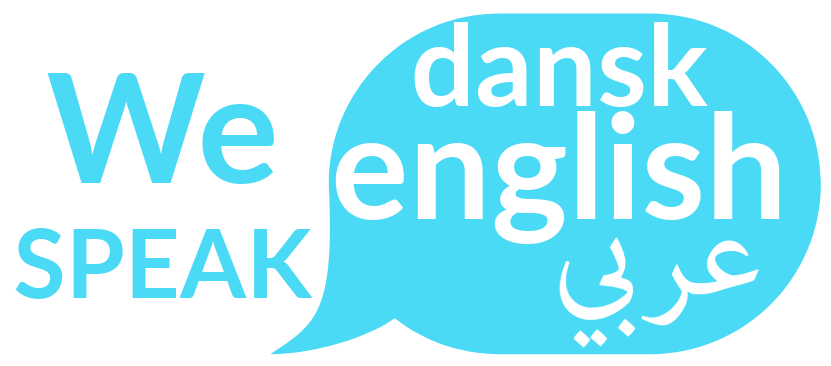
Freedom of Movement in the EU/EEA: Live and Work in Europe
Who is covered by the right to free movement?
The right to free movement applies not only to you as an EU citizen, but also to your immediate family:
Spouse or registered partner: Your spouse or registered partner has the right to travel and reside with you in another EU/EEA country.
Permanent partner: If you have a permanent partner with whom you have lived for at least 18 months, they are also covered by the right of free movement.
Children under 21: Your children under the age of 21 have the right to accompany you.
Other family members: If you have other family members who are dependent on you for support, they may also be covered.
- What does the right to free movement entail?
What does the right to free movement entail?
Free movement gives you a number of rights:
- Right of entry: You have an unconditional right to enter other EU/EEA countries. Your family members who are not EU citizens must either be visa-exempt, have a valid visa, or a residence permit.
- Right of residence for up to 3 months: You can stay in another EU/EEA country for up to 3 months without having to meet any further requirements. However, during this period you are not entitled to receive social benefits in that country.
- Right of residence beyond 3 months: This is the core of the right to free movement. It gives you the right to settle in another EU/EEA country and become integrated into society. To obtain this right, you must meet one of the following requirements:
- Employee: You work in the other EU/EEA country. Your work must be of a certain extent, typically at least 10-12 hours per week, and must not be merely a "marginal supplement".
- Self-employed: You own and operate a business in the other EU/EEA country. The business must provide you with a real income.
- Service provider: You sell services in another EU/EEA country, and this provides you with a real income.
- Pensioner: You are retired or on an early retirement pension and wish to enjoy your pension in another EU/EEA country.
- Student: You are enrolled in a recognized educational program in the other EU/EEA country. This also applies if you are a student in Denmark and are taking a semester or an internship abroad.
- Self-sufficient: You can prove that you have sufficient financial resources to support yourself and your family during your stay. This could be, for example, savings, investments, or passive income.
- Cross-border commuter: You live in one EU/EEA country but work or study in another.
Important details!
- Health insurance: Students and self-sufficient persons must have comprehensive health insurance that covers them during their stay abroad.
- Jobseekers: As a jobseeking EU citizen, you have the right to stay in another EU/EEA country for up to 6 months while actively seeking employment.

Registration certificate and residence card:
- Registration certificate: As an EU citizen, you must apply for a registration certificate from the local authorities within 3 months of your arrival in another EU/EEA country.
- Residence card: Your spouse or partner who is not an EU citizen must apply for a residence card.
- Purpose: These documents confirm your right to stay in the country for more than 3 months.
Get help and guidance
If you want more information about free movement and visa rules in the EU/EEA, you can visit Visaguiden or contact the local authorities in the country you are planning to visit.
Remember that the rules can vary slightly from country to country, so it is always a good idea to research the specific requirements of the country you wish to travel to.





